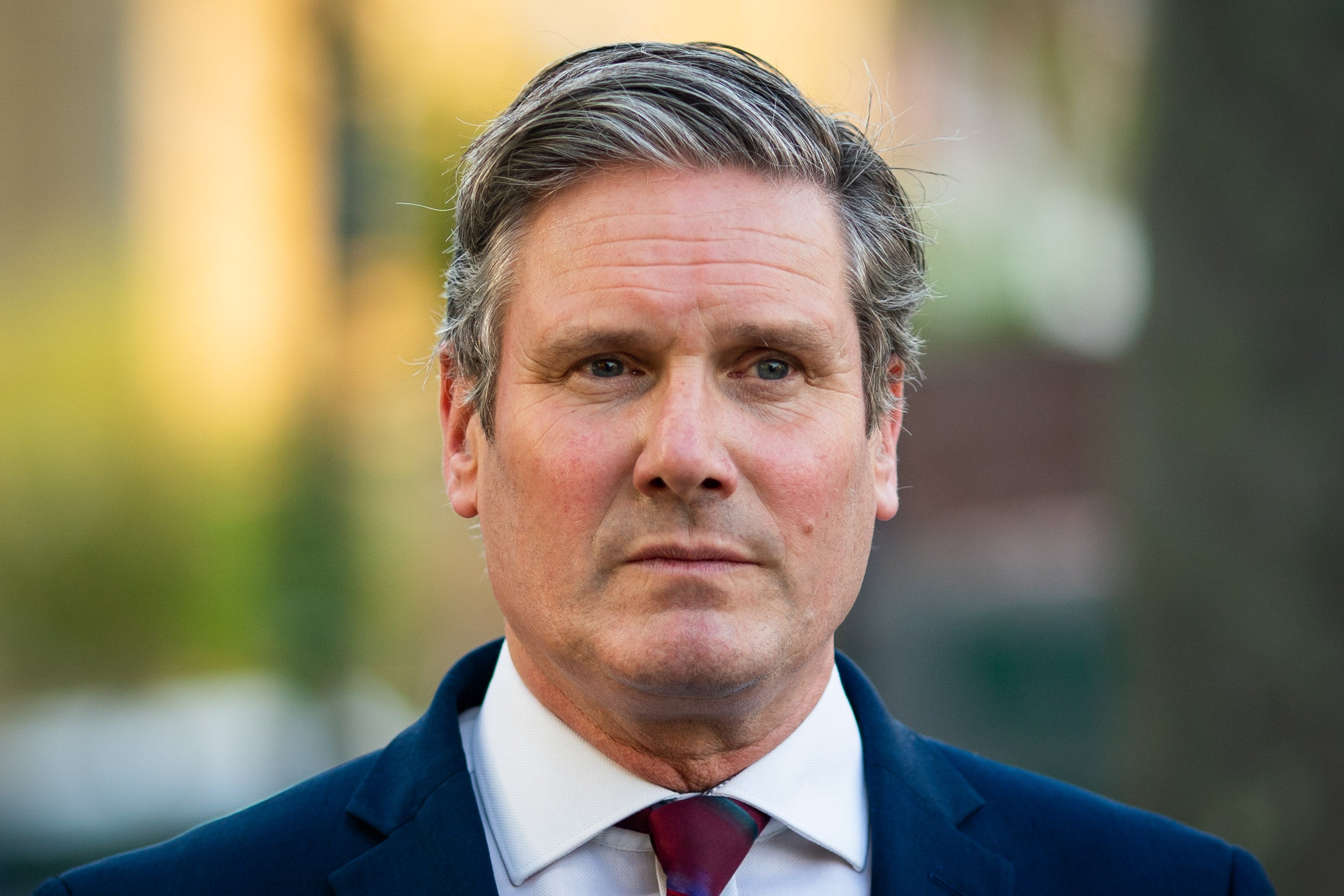Your support helps us to tell the story
From reproductive rights to climate change to Big Tech, The Independent is on the ground when the story is developing. Whether it's investigating the financials of Elon Musk's pro-Trump PAC or producing our latest documentary, 'The A Word', which shines a light on the American women fighting for reproductive rights, we know how important it is to parse out the facts from the messaging.
At such a critical moment in US history, we need reporters on the ground. Your donation allows us to keep sending journalists to speak to both sides of the story.
The Independent is trusted by Americans across the entire political spectrum. And unlike many other quality news outlets, we choose not to lock Americans out of our reporting and analysis with paywalls. We believe quality journalism should be available to everyone, paid for by those who can afford it.
Your support makes all the difference.Labour activists are mounting a new push for their party to back electoral reform under Keir Starmer’s leadership.
An alliance of groups and factions including Open Labour, Compass, and the Labour Campaign for Electoral Reform have formed a new coalition to push the policy – which has strong support within the party.
The new campaign, named Labour for a New Democracy, will launch at the party’s virtual conference on Monday. The members backing the push, who include MPs, are set to argue that the current electoral system stands in the way to redistributing power around the country.
Local Labour branches covering 85 parliamentary constituencies have backed motions calling for proportional representation in the last few years, while a YouGov poll conducted end of 2019 found that three quarters of the party's members back moving elections to PR.
But the party has shied away from adopting it as a policy despite a brief flirtation from senior figures like former shadow chancellor John McDonnell. The party’s manifestos have previously pledged a “constitutional convention” that could include change to the electoral system, but the party has not been specific about what it would involve.
Former New Zealand prime minister Helen Clark is expected to speak to activists at a virtual meeting on Monday to launch the coalition, and explain New Zealand's experience adopting proportional representation. Her country moved away from first past the past in 1996 following a referendum.
Clive Lewis, the Labour MP for Norwich South, who will also speak at the event, said reforming the country’s democratic institutions was crucial to responding to other problems the UK cases.
“The UK is facing a public health crisis, a climate crisis, and a crisis of inequality. At their hearts, each of these is really a crisis of democracy,” he said.
“Electoral reform is not a panacea, but our current system has proved incapable of responding to the challenges of our time or the needs of the British people. If Labour is to lead the way to a better politics, we must embrace PR.”
Sandy Martin, chair of Labour Campaign for Electoral Reform, said: “More Labour members than ever understand that the system we use to vote determines the governments we get. With PR and a succession of progressive governments, we can tackle the climate emergency, austerity, and global insecurity. Labour for a New Democracy puts that understanding into action. We call on Labour members everywhere to table a simple motion putting their support for PR on the record.”
Caroline Osborne, from Make Votes Matter which is coordinating the project, argued that Labour's support was crucial for electoral reform to happen.
“We all lose out from First Past the Post, but without Labour’s support there's little prospect of it changing. That's why members everywhere need to stand up for equal votes,” she said.
Willie Sullivan, senior director at the Electoral Reform Society argued that “only serious structural reform can begin to repair this lack of faith in our democracy”.
He added: “A proportional voting system for the Commons and a fairly elected second chamber representing all nations and regions of the UK will give people a voice.”


Join our commenting forum
Join thought-provoking conversations, follow other Independent readers and see their replies
Comments